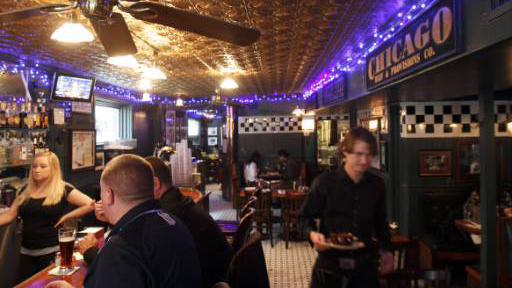Congress members looking to put an end to 'the most-hated fee in travel'
Congress has put forth a new piece of bipartisan legislation that would change the way online travel agencies display “the most-hated fee in travel,” otherwise known as the hotel resort fees.
Democratic Congresswoman Eddie Bernice Johnson of Texas and Republican Jeff Fortenberry of Nebraska introduced the Hotel Advertising Transparency Act of 2019 in an effort to ban deceptive advertising of hotel room rates, which are often hidden from consumers as they book hotel reservations.
If the legislation were to pass, hotels would not be able to charge travelers any more than the initially advertised room rate (except for government-imposed taxes and fees) with penalties applied to any hotel who continue to do so. According to Lauren Wolfe, attorney for Travelers United, a consumer nonprofit organization backing the initiative, resort fees are "the most-hated fee in travel."
The amount of money hotels earn from such resort fees, which can also be called destination fees, facility fees, or cleaning fees, is staggering, according to Congresswoman Johnson.
“This summer, we witnessed a record number of Americans take the opportunity to travel. Unfortunately, this also meant a record number of travelers were subjected to deceptive hidden fees charged by hotels, motels, and other places of accommodation,” said Congresswoman Johnson.
“It is projected that in 2019, over three billion dollars in revenue alone will be collected from consumers due to these hidden fees. Consumers should be able to enjoy their vacation without being ripped off and financially burdened. This bill would require that the prices advertised by hotels and online travel agencies must include all mandatory fees that will be charged to a consumer, excluding taxes."
GET FOX BUSINESS ON THE GO BY CLICKING HERE
Johnson and Fortenberry are not the first to attempt to tackle this issue. The FTC attempted to remedy the issue back in 2012 with letters warning 35 hotels and 11 online travel agents that their resort fees could confuse consumers, however nothing has happened since then, and the deceptive practice of unadvertised resort fees has continued ever since.
An FTC study from Jan. 2017 uncovered that “hotel rooms and other places of lodging are often advertised at a rate and later in the buying process mandatory fees (aka resort fees, cleaning fees, or facility fees) are disclosed that were not included in the advertised room rate.”
“The number of short-term lodging facilities that charged mandatory resort fees is growing” while using “advertising that does not reflect the true mandatory cost of a stay at a place of short-term lodging is deceptive,” the study continued.
Since then, 47 state attorney generals have opened an investigation in hotel resort fees, and specifically singled out Marriott for its deceptive use of them. Meanwhile, Wyndham and Hilton Worldwide were hit with individual lawsuits for advertising low room rental rates while obscuring the additional resort fees.
While much has been made over the use of resort fees, Marriott Chief Financial Officer Leeny Oberg downplayed the significance of the controversy.
“I think it’s not perhaps as big as some may think,” Oberg told travel industry website Skift.
“Resort fees tend to be a hot topic because I think you’ve probably seen there’s been some chatter out there from the (state) attorneys general about the way they are displayed. And I’ll remind everybody that we always make sure they are very clearly displayed before you actually book a room.”
CLICK HERE TO READ MORE ON FOX BUSINESS
A hearing for the Hotel Advertising Transparency Act likely won’t take place until 2020, as the initiative makes its way through a subcommittee of the House Committee on Energy and Commerce.




















